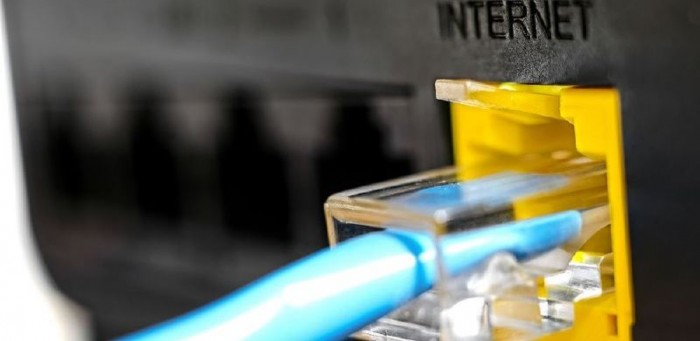
Recently we have witnessed a lot of governments restricting internet access to their citizens with illogical reasons such as political stability. Since the United Nations has declared internet access as a basic human right, banning it was considered a clear violation to human rights and someone had to take action and stand for these governments. However, no serious actions were taken by the UN to stop governments from performing internet shutdowns and online censorship.
Luckily, the governmental organization responsible for internet regulations in the African Continent, the African Network Information Center (AFRINIC), started taking actions by proposing a regulation that would ban any African government from receiving newly issued IP addresses if they shutdown internet access or place any online censorship. This is considered a great start by the AFRINIC considering the damage caused by complete internet shutdowns or even slight online censorship
Effect of Banning the Internet
The main purpose of the internet is mostly a source of connection between users across the globe. Not only individuals, but businesses as well, hence it has an economic effect on the country as well as a social effect. Banning it would be considered an act of complete isolation whom the impact of would be unimaginable. Not mentioning a violation to the right of freedom of speech. Governments should not be given the authority to shut down something as critical as the internet, no matter what their reasons might be. Here is where the strong interference of the AFRINIC took place.
AFRINIC Interference
The AFRINIC is one of the 5 world bodies that regulate the internet. They are responsible for internet regulations for all the African countries and the issuance of new IP’s. Their next meeting will be held in Kenya in June of this year where they will be proposing the new Anti-Shutdown regulation. If the AFRINIC proposal is approved it will give it full authority to ban any African countries, which perform an internet shutdown or create online censorships, in receiving newly issued IP addresses.
The rule implies that if a government shuts down the internet connection, no new IP addresses would be issued to it for an entire year. If 3 or more shutdowns take place within a 10 year period, in that case, the AFRINIC would ban issuing new IP’s to that government for a period of 5 years. This will apply on all government-run entities and any private entity proven to be cooperating with these government entities.
Banning the issuance of new IP’s, means that these entities will not be able to create any new websites. If these government-run organizations try to shift their internet properties out of the governmental ownership to an NGO or any other non-governmental form, AFRINIC would have the full authority to ban issuance of new IP’s plus revoke the already issued IP’s
This is not considered as a ban as much as it is a temporary suspension to force African governments to stop their shutdowns of the internet for any reason whatsoever. In other words, once the governments refrain from internet shutdowns, everything will go back to normal after the suspension period.
Conclusion
This move was long overdue and it was about time that someone with enough power stands up to these inhumane acts of restricting internet access. The AFRINIC proved to be determined to fight for the right of internet freedom and hopefully in the next meeting, the AFRINIC’s proposal will be approved. Hopefully more regulating bodies around the world would take the same initiative and stop these shutdowns, especially in critical countries like China and Iran.


